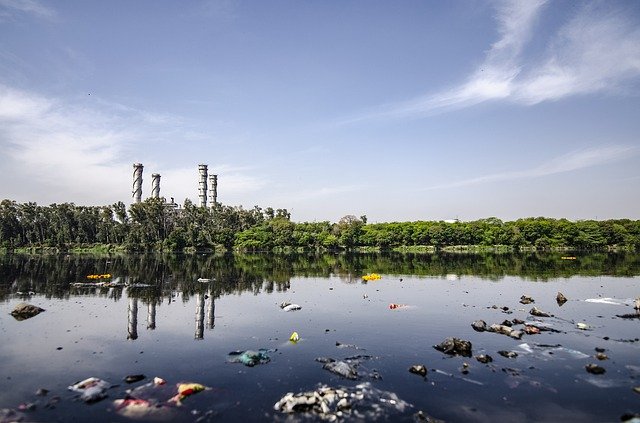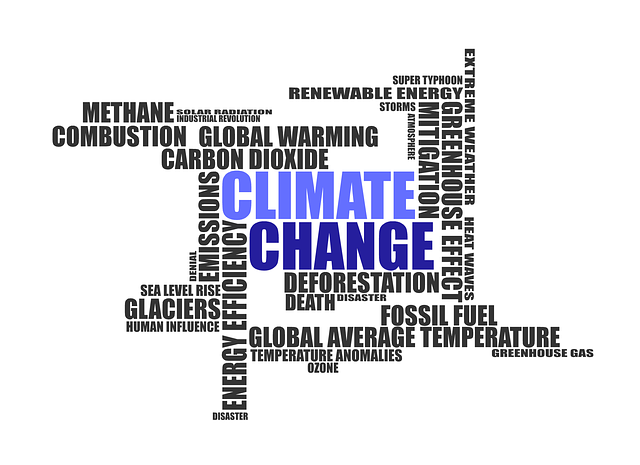Introduction
Marine: This term includes anything related to sea or ocean.
Marine Water: Marine water is salty water consisting of 97% of Earth’s water.
Marine Pollution
Marine pollution is defined as land pollutants being washed into the ocean. Land pollutants include the varied composition of trash, garbage, and chemicals being released into the ocean by human activities.
Worldwide marine pollution is severely damaging the marine ecosystem, the economy, and the health of living beings.
Sources of Marine Pollution
Point Source Pollution: Point source is defined as an identifiable or single source that is responsible for pollution.
Non-Point Source Pollution: Non-point source is a defused source that causes widespread pollution and does not have a single source like a point source.
Also check out: Pakistan’s Living Indus Initiative And Its Importance
Composition of Marine Pollutants
The composition of marine pollutants includes sewage, agriculture runoff, fertilizers, industrial discharge, oil spills, persistent organic pollutants, plastics, heavy metals/toxic metals, synthetic chemicals, urban surface runoff, etc. Land pollutants account for 80% of marine pollution by runoff. Air pollutants are being deposited into the ocean by acid rain and industrial discharges are directly drained into the ocean.
Most Affected Areas by Marine Pollution
The most affected areas by marine pollution are coasts. The highest contamination levels in marine water are found along coastlines of underdeveloped nations.
Also read: Impact of Marine Species Harvesting Industry on Environment
The Dangerous Effects of Marine Pollution on Marine Life and Humans
Marine pollution encompasses plastic waste, mercury, oil spills, pesticides, nutrients, and synthetic chemicals.
Plastic waste: The visible pollutant in marine pollution is plastic waste. Plastic has synthetic chemicals that are released into the ocean by the breakdown process. These chemicals are taken up by marine animals and eventually humans. BPA is a chemical found in plastic that is responsible for disturbing hormones, cancer, etc.
Mercury: Mercury is responsible for developmental disorders in infants. It is released into the ocean by mining and coal combustion processes. Cardiovascular-related diseases are caused by a high level of mercury in the human body.
Oil Spills: The global demand for petroleum is increasing day by day and incidents of oil spills are increasing at the same time. The release of crude oil into oceans adversely affects marine organisms and results in habitat destruction of coral reefs. Oil spills cause disorder in food sources and a decrease in oxygen produced by marine photosynthetic organisms.
Pesticides: Pesticides have negative biological effects on marine life and humans. The low-level exposure to pesticides could decrease human fertility.
Nutrients: The nutrients discharge from animal feeds, sewage, and industries into oceans trigger the production of harmful algal blooms. The algal blooms are toxic to humans as well as animals
Synthetic Chemicals: Synthetic chemicals include pharmaceutical waste, Bisphenol A, phthalates, etc. These chemicals cause reduced male fertility, disturbed nervous and endocrine systems, cancer, etc.
Also check out: What Is Coral Gardening And Can It Help Save Coral Reefs?
Preventive Measures
- Preventive measures which could be adopted to prevent marine pollution are listed below.
- The world should begin marine protected areas initiatives.
- The use of mercury and persistent organic pollutants should be banned permanently.
- Coal should be replaced with an alternative energy source particularly it could be a green energy source.
- There is a need to put a ban on single-use plastic to reduce plastic waste.
- Industrial discharge should be treated before draining into ocean water.
- The use of fertilizers should be limited.
- Plastic waste should be managed properly.
- There should be policies related to chemicals being discharged into nature.
- Renewable and clean energy sources should be utilized for a pollutant-free environment.
Also check out: What is Ocean Acidification? – Causes, Effects and Solutions
Conclusion
Non-point sources are major contributors to marine pollution. Land pollution finds its way to oceans. Toxic metals such as mercury and plastic waste are producing detrimental health effects on human and marine life. Marine pollution is widespread ultimately entering the natural cycles of the earth and disturbing food chains.
Recommendation
Marine pollution is not restricted to certain places only. The world leaders should pay attention to increasing marine pollution and launch preventive measures along with effective policies that would help restore the marine ecosystem.
Also check out: Coast of Pakistan and its Environmental Issues
I hope you all liked this post! Please comment below if you have any suggestions, comments, or feedback! We at #envpk love hearing from our readers! Thanks!




